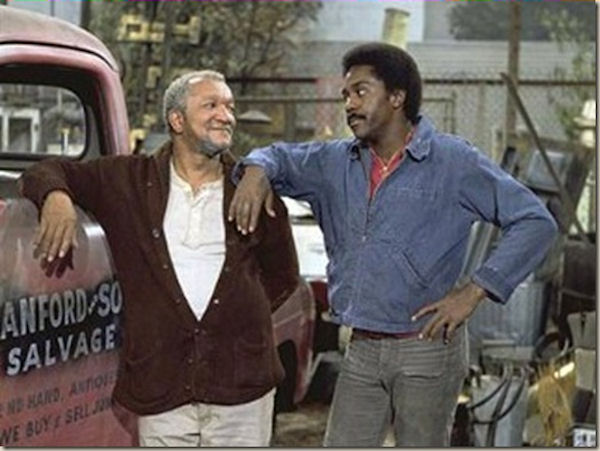

Poverty isn’t good for ratings
Progressive Web sites in Minnesota and beyond are talking about the interview with author Barbara Ehrenreich about the lack of working-class people in the media. As a working-class person, I’d like to weigh in on the subject.
The term “working class” once meant blue collar or factory worker. At one time, if you had a factory job you were part of the middle class. Today, the term “working class” is more associated with poverty or the more palatable economic hardship. No one likes the word poverty. Poverty is what happens to someone else. And certainly not to people who you know. Talk to a friend about your poverty and they don’t quite know how to take it. Imagine going to a dinner party when you have a bad cold. People feel bad for you. But they keep their distance.
The mass media doesn’t want its prime-time demographics to be uncomfortable. So it avoids the issue of poverty by being relentlessly bright-sided, to use Ehrenreich’s words. When the media does delve into the subject of poverty, the characters were once people of means, as on 2 Broke Girls or $h*! My Dad Says. The last time the mass media celebrated characters who were born poor and stayed poor was in the 1970s: The Waltons, Sanford & Son. The Bunkers of All in the Family were tenuously working class, but a prolonged labor strike or an inflationary spike put a big-time hurt on them.
Sanford and Son starred nightclub comedian Redd Foxx as Fred Sanford, who owned a junkyard in south central Los Angeles. Son Lamont often grew frustrated by their hard times. Fred had a more sanguine approach as he talked about the poverty of his own youth:
“You know those shoes they called ‘Keds’? I wore mine until it said ‘K__s!’”
(You’ll find the episode here, and other classic Fred Sanford quotes here.)
If you’re looking for working-class people in the media, Judge Judy is an accurate reflection of economic times. Back in the aughts, plaintiffs reflected the vibrancy of the economy. A typical case might involve faulty construction of a retaining wall or a landscaping project gone awry. Today, the litigants are either unemployed or underemployed, doing odd jobs in the shadows of the economy.
People who are experiencing economic hardship don’t want a handout and don’t want to make others uncomfortable. What we want is awareness. Visibility in the mass media is a good start.
Thanks for your feedback. If we like what you have to say, it may appear in a future post of reader reactions.

